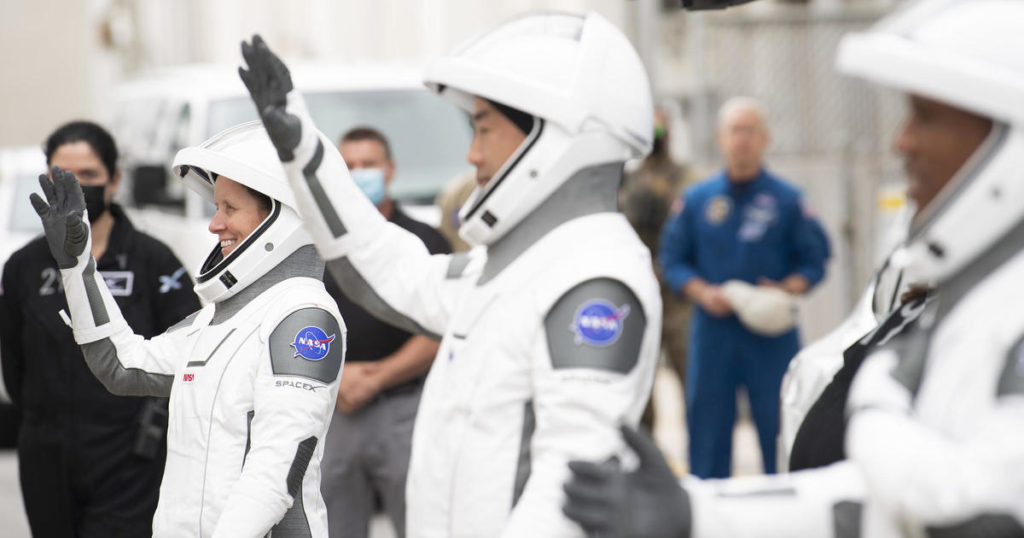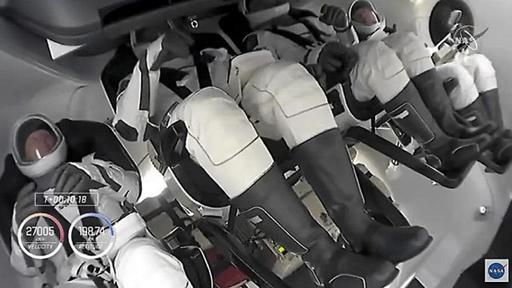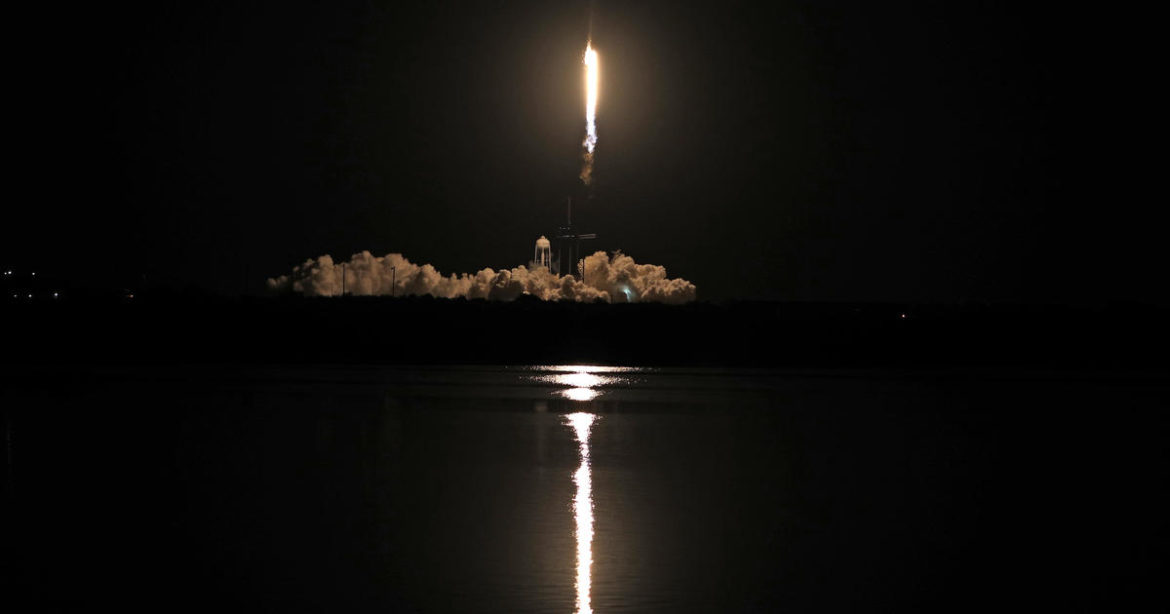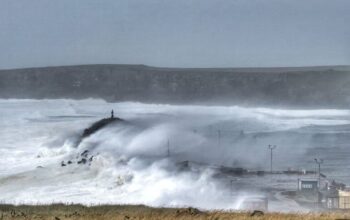SpaceX: beginning a new era for NASA
Lighting up the night sky, four astronauts shot into orbit atop a SpaceX Falcon 9 rocket Sunday for a 27-hour voyage to the International Space Station in the first operational flight of a commercially developed Crew Dragon capsule.
The following written content by William Harwood via CBS News

Lighting up the night sky, four astronauts shot into orbit atop a SpaceX Falcon 9 rocket Sunday for a 27-hour voyage to the International Space Station in the first operational flight of a commercially developed Crew Dragon capsule.
Highlighting NASA’s ongoing drive to end its sole reliance on Russian Soyuz spacecraft, the Falcon 9’s first stage engines ignited with a torrent of flaming exhaust at 7:27 p.m., pushing the 229-foot-tall rocket away from pad 39A at the Kennedy Space Center atop 1.7 million pounds of thrust.
Commander Michael Hopkins, pilot Victor Glover, Shannon Walker and Japanese astronaut Soichi Noguchi, strapped into the capsule they named “Resilience,” monitored the ascent on large touch-screen displays as the rocket quickly accelerated, arcing away to the northeast over the Atlantic Ocean.
NASA and SpaceX ruled out a launch try Saturday due to expected high winds across Florida’s Space Coast and rough seas that prevented a SpaceX booster recovery ship from reaching its off-shore station in time.
The on-shore weather was an issue most of the say Sunday, but threatening clouds and rain did not materialize and after last-minute work to re-seal the Crew Dragon’s hatch, the Falcon 9 was cleared for takeoff, thrilling thousands of area residents and tourists lining area roads and beaches amid NASA warnings to follow coronavirus protocols.

Vice President Mike Pence, chairman of the National Space Council, flew in to take in the historic launching from the upper deck of a NASA office complex a few miles from the launch pad.
And the Falcon 9 did not disappoint, streaking through the night sky trailing a long jet of fiery exhaust visible for miles around. In one minute, the rocket was traveling faster than sound and a minute-and-a-half later, now well out of the thick lower atmosphere, the engines shut down as planned. Read more CBS News.
Follow News Without Politics for more interesting and amazing, important, and relevant U.S. and world news stories plus health, entertainment, sports, weather, food and more without media bias.
Stay informed daily. News fair and balanced, ahead of influence.




